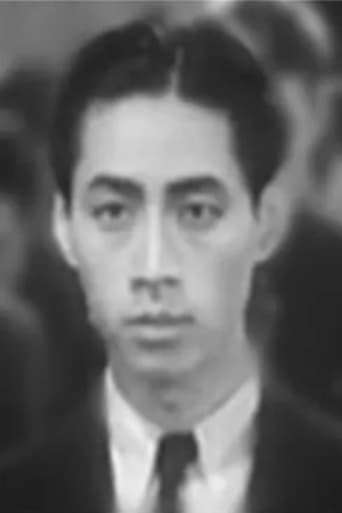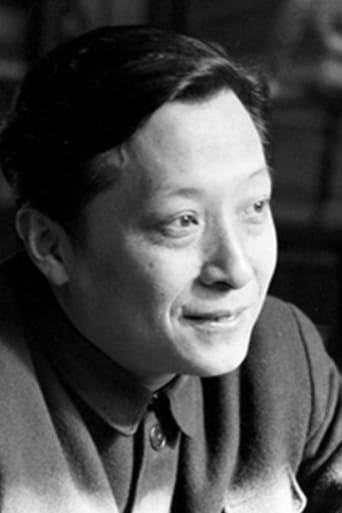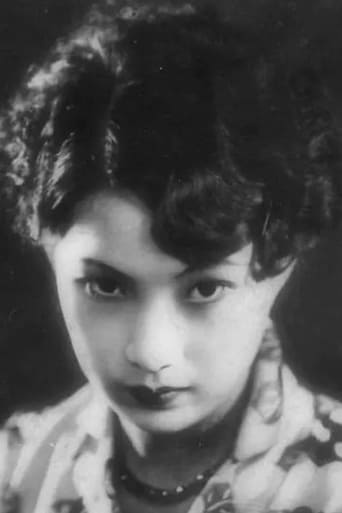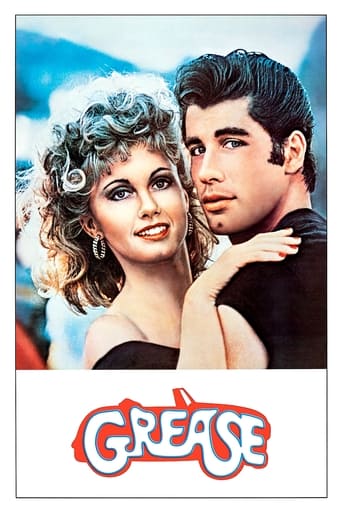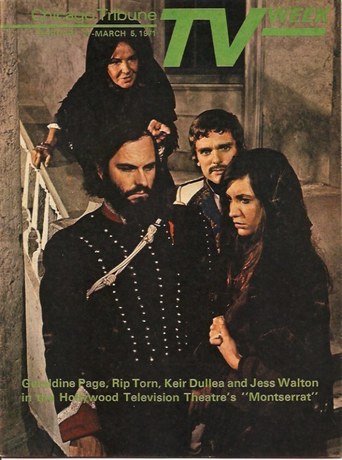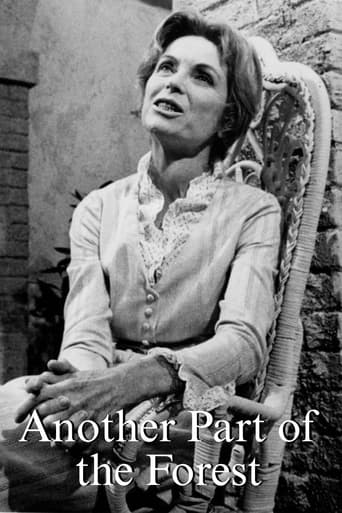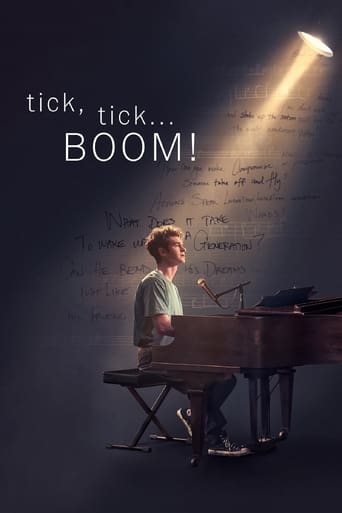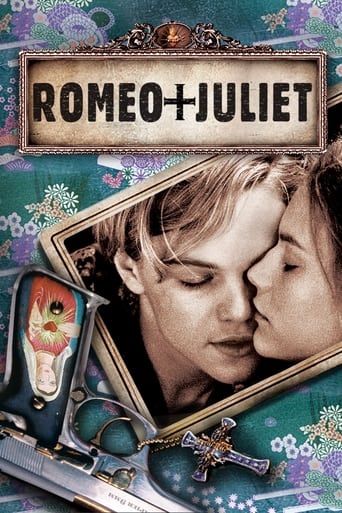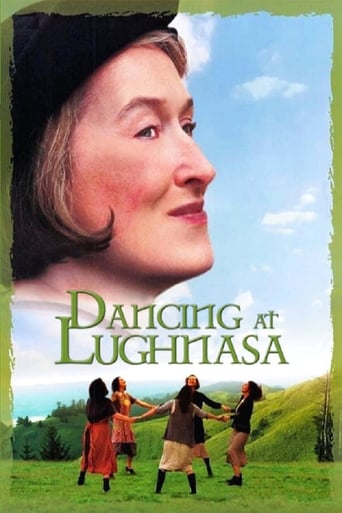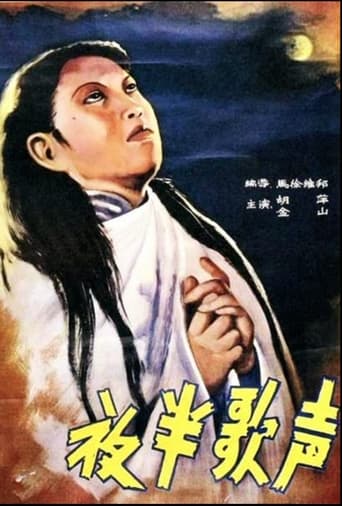
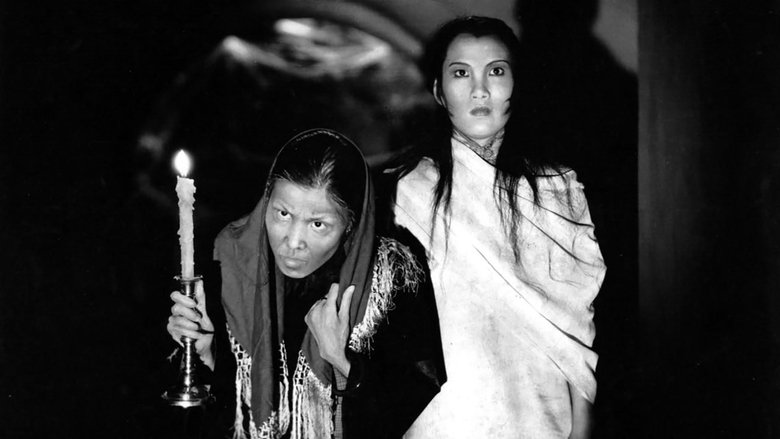
Song at Midnight (1937)
In this Chinese version of The Phantom of the Opera, the mysterious Song Danping terrorizes the newly rebuilt opera house and its young star.
Watch Trailer
Cast


Similar titles
Reviews
I found this Chinese film in the book 1001 Movies You Must See Before You Die, it is often referred to as China's first horror film, there are not a lot of details available about the cast, and not many critic reviews for it, so I watched and made my own mind up. It is loosely based on The Phantom of the Opera by Gasto Leroux (the classic Lon Chaney movie was released twelve years before). Basically mysterious musical genius Song Danping fell in love with the daughter of a wealthy lord. He was beaten, scarred with acid and left for dead years ago in the burning wreckage of the old opera house. Following his disfigurement, he refused to let his lover see him, so he asked someone to write a letter telling her that he was dead. He now looms in the revuilt traditional Chinese opera house, he is looking for someone to star in his own private production, he takes and punishes any person that offends him. It was only a matter of time before his lover returned, she does not appear to have found a new love but being deformed he cannot bring himself to reunite with her. Most of the time he covers himself with his dark cloak, and the only time his lover connects with him is hearing him singing from a distance. There is also a political subplot going on involving the leftist revolutionary movement. Starring Menghe Gu, Ping Hu, Shan Jin, Chau-Shui Yee and Wenzhu Zhou. It may be dated in some regards, but it does have some good macabre drama, the face reveal sequence is most memorable, the singing and music is enjoyable listening, and despite it being a familiar story, it does work well, all together it is a worthwhile classic horror. Good!
SONG AT MIDNIGHT is a creaky old reworking of Gaston Leroux's PHANTOM OF THE OPERA, with the story transferred across to mainland China, where it gets additional political subtext and meaning. It's a stand-out movie because it was China's first horror picture, and already it has imagery and a look familiar from later Chinese cinema: facially-deformed "baddies", cobwebby sets, a plot spurred by human greed and envy. The film is notable for being very derivative, copying bits and pieces of various Universal classics like Dracula and Frankenstein as well as Phantom; it also happens to be slow-paced with dialogue scenes that really test the patience. However, it deserves plaudits for the make-up and set design alone, and it has bags of atmosphere which makes it a must see for any lover of classic horror cinema.
Ever since it was conceived by French writer Gaston Leroux in his novel, "The Phantom of the Opera", the tale of a disfigured musical genius who roams the Opera house has become one of the most famous horror stories of all, and the inspiration of many films. Without a doubt, the most famous of those films was Rupert Julian's "The Phantom of the Opera", produced by Universal studios in 1925 with Lon Chaney as the Phantom. That classic adaptation would be one of Universal's biggest hits of all time, and not only in America, as literally in every country it was shown it became very popular. In one of its showings, the film was seen by a young Chinese filmmaker named Weibang Ma-Xu, whom fascinated by Chaney's performance, conceived his very own version of the story and titled it "Ye Ban Ge Sheng", literally, "A Song at Midnight".The story is set in an old theater, where many important actors performed once, but that now is abandoned as rumor says that the ghost of famous singer Song Dangping (Shan Jin) roams the place. One night, an acting troupe arrives, hoping to have success in such a famous theater. However, they all end up disappointed when they see the sad state of disuse in which the theater is right now. Despite this, they begin the preparations for their debut, and young singer Sun Xiaoou (Chau-Shui Yee) is chosen to play the lead. Xiaoou retires to practice alone, as he has troubles to sing the part correctly, and it's at this moment when he hears the ghost of Song Dangping, who appears to teach him how to sing. With the aid of the ghost, Xiaoou is a success, but when he tries to thank his master, he discovers the secret behind the ghost of Song Dangping.As written above, director Weibang Ma-Xu wrote "Ye Ban Ge Sheng" as a reinterpretation of "The Phantom of the Opera"'s story, however, he only took the concept of the deformed musical genius and created his very own tale out of it. "A Song at Midnight" is essentially, a tragic romance with horror elements, as the plot focuses on the Phantom's inability to be with the woman he loves (played by Ping Hu) and his decision to use his disciple to interact with the world he lost. It's a really fresh take on the concept, as it truly keeps the spirit of the story while at the same time adapting it to the Chinese culture. Ma-Xu plays skillfully with mystery and suspense, as he unfolds the details of the story with the care of an artisan. It's pretty obvious that he loved the concept a lot, as his development of both plot and characters is remarkably good.Interestingly, the idea of the story wasn't the only thing Ma-Xu adapted from Western film-making, the style Ma-Xu uses in "A Song at Midnight" is also clearly inspired by Universal horror movies of the 20s and the 30s (mainly "Frankenstein" and "Dracula"). With the excellent cinematography by Boqing Xue and Xingsan Yu, together with a slightly expressionist set design, director Ma-Xu creates an ominous gloomy atmosphere of mystery and magic that really sets the mood for this story of horror and romance (most of the scenes are set at night). Naturally, the film has many limitations due to budgetary reasons, however, Weibang Ma-Xu inventively manages to create a very powerful film that looks great despite his limited resources. I also must say that the work of make-up for this Phantom is simply excellent.The cast is pretty effective in their performances, and despite the natural melodrama of the story, there's little overacting in the film. In his debut on film, Chau-Shui Yee (who would become a big star in the 40s) is very good as the young Sun Xiaoou, and while he looks a bit wooden at times, he truly had a natural presence in front of the camera. As the tragic anti-hero Sing Dangping (Shan Jin) is simply excellent, managing both the fearsome and the vulnerable sides of his character with a great ease and control. It's impossible to know if the singing voices of their characters are those of Shan Jin and Chau-Shui Yee, but their work is simply masterful. Ping Hu plays Li Xiaoxia, Sang Dangping's lover, and while she looks beautiful in her role, she is prone to overacting just a bit too much for her own sake, although it's not really a problem.While an interesting example for early Chinese horror, "Ye Ban Ge Sheng" is sadly far from being a masterpiece, as there are several details that prevent this film from being perfect. Contrary to what could be expected, the film's main problem is not caused by the low budget, but by the strange pace the film has at times. What I mean is that often the story flows at a good pace but suddenly it gets slowed by long scenes of Chinese opera that, while of great beauty (and very interesting to foreigners), damage the pace the story has and can be boring to people not expecting this (In a way similar to Universal's 1943 remake of "The Phantom of the Opera"). Other than that, the movie is an excellent Chinese entry into the early horror genre, and those with a fondness for Universal horror films from the 30s will find a movie very much akin to their tastes.Sadly, when it was initially released, "A Song at Midnight" struggled to be taken seriously because Chinese critics considered it was "too American" for a Chinese film. Fortunately, audiences reacted better and it is now one of the most famous horror films in the country (so much that Ma-Xu directed a sequel in the 40s, the Shaw brothers made a remake in the 60s, and recently Ronny Yu has done another version in the 90s). Fans of Asian cinema, this movie was the beginning of all. 8/10
It would be nice to see Weibang Ma-Xu's other films. He was a busy director logging up credits till the sixties. This is his film which got most attention, though Chinese intellectuals were apparently dismissive of it. Now that the circulation of mainland DVDs has made the pre-WW2 Shanghai films accessible, SONG AT MIDNIGHT turns up in a battered but watchable copy and is unusually intriguing.Even without sub-titles, the story can be followed. Viewers are helped by familiarity with the "Phantom of the Opera" origins and Ronny Yu's accomplished re-make which drew on another half century of technique and a bigger budget. You can also see the influence of the Lugosi Dracula here but this is a much better film.The plot has a traveling operetta company arrive at the run down provincial theatre. Their juvenile is having problems but he is coached to triumph by a mysterious hooded figure, who a flash back reveals is a star disfigured by the local power cartel, when he romanced the daughter of an influential family. The young performer sings under the window of the phantom's old love now deranged, who takes him for her former lover. When his old nemesis menaces the ingénue of the company, the Phantom attacks him and is burned in a tower building by an angry mob. This is not a film that coasts on subtlety.The film making, while not polished, gets by and is full of imaginative touches and striking images. The actor playing the phantom was thought of as one of the country's best at the time and it is interesting to see his work here.This is certainly more entertaining than much of the more purposeful work that makes it into critical histories. Anyone with a serious interest in film should seek it out.


